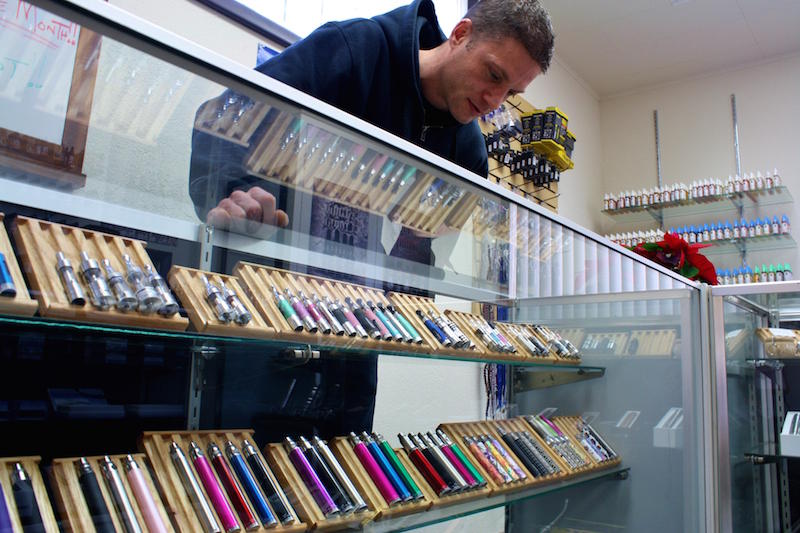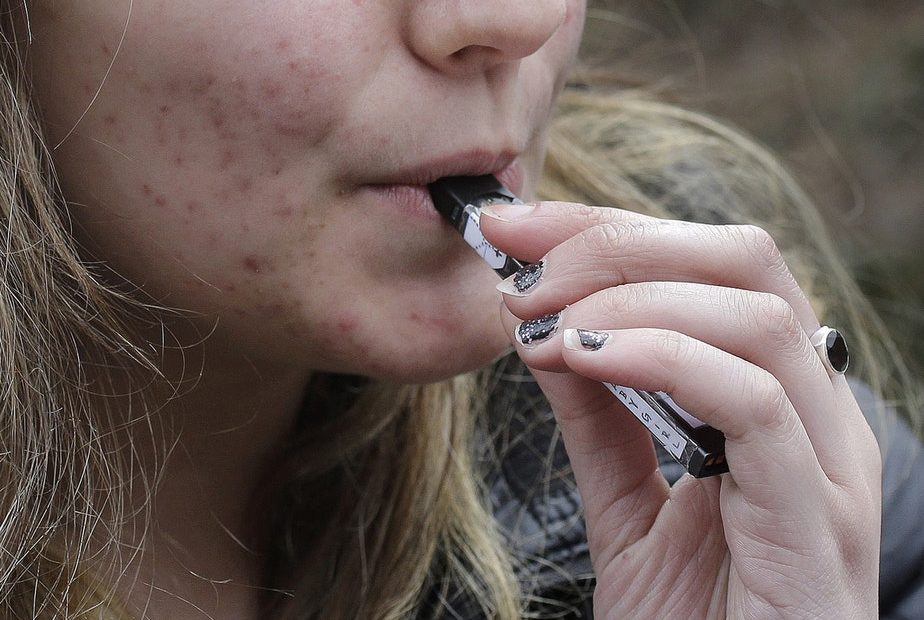
Washington Health Regulators Place New Ban On Vitamin E Acetate In Vaping Products
Read On
BY PAIGE BROWNING / KUOW
In a new regulation starting November 20, Washington state is expanding its ban on certain vaping products.
Health officials have not been able to determine what it is about vaping products that has caused hundreds of cases of severe lung disease in the nation.
But this month, the Centers for Disease Control found that vitamin E acetate was present in all of the 29 patients they reviewed.
Now, products with that compound are banned in Washington state. Dr. Kathy Lofy, health officer for the state, said, “this new data showed that the vitamin E acetate is actually at the site of injury deep in the lungs.”
“This does not prove that vitamin E acetate is causing lung injury, but it did strengthen the association,” Lofy said.
She said the ban that’s already in place on flavored e-cigarettes and marijuana vape pods will remain in Washington state. Both bans last 120 days.
The Vapor Technology Association has sued over the flavor ban, but has not opposed the vitamin E acetate regulations.
Marijuana shops and retailers that sell nicotine vapor products are responsible for removing the related products from their shelves.
Copyright 2019 KUOW. To see more, visit kuow.org
Related Stories:
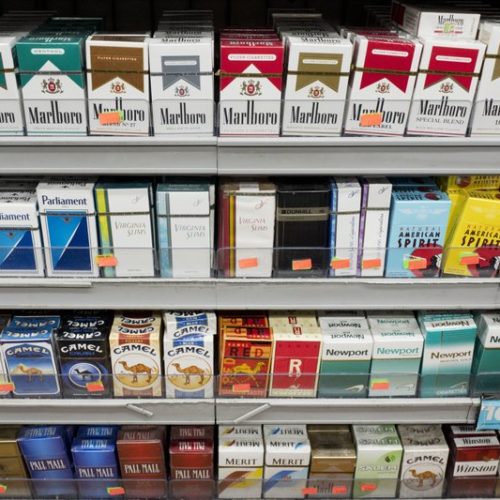
You Now Have To Be 21 To Buy Tobacco And Vaping Products In The U.S.
Anyone under 21 can no longer legally buy cigarettes, cigars or any other tobacco products in the U.S. The new law enacted last week by Congress also applies to electronic cigarettes and vaping products that heat a liquid containing nicotine.
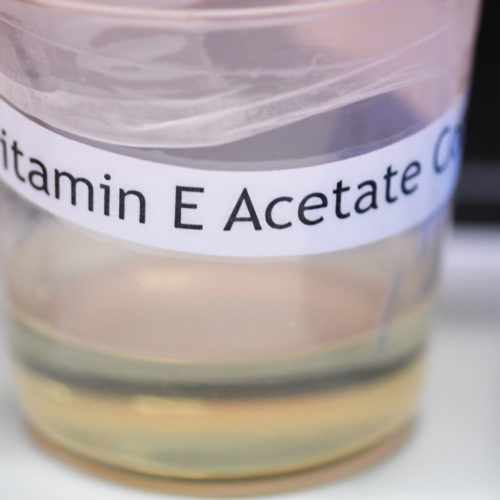
CDC Finds Possible Culprit In Outbreak Of Vaping-Related Lung Injuries
In every lung fluid sample tested from patients afflicted with lung injury, the scientists found traces of a chemical called vitamin E acetate. The discovery is seen as a breakthrough.
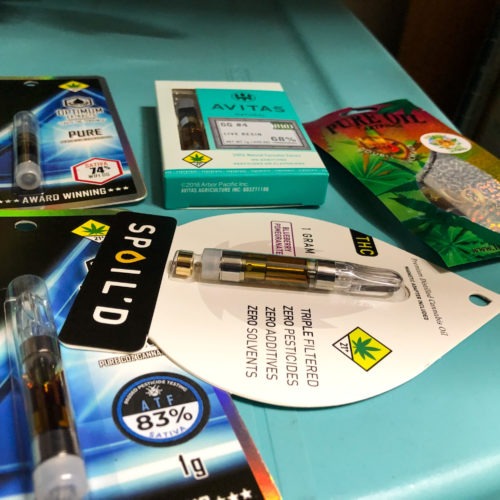
Washington And Oregon Have Legal Weed But Embrace Vaping Restrictions, Warning Of Black Market
Many cases of vaping-related injury seem to involve THC, health officials say. That’s led some states to take another look at the safety of the regulated cannabis market, as well as the black market.

